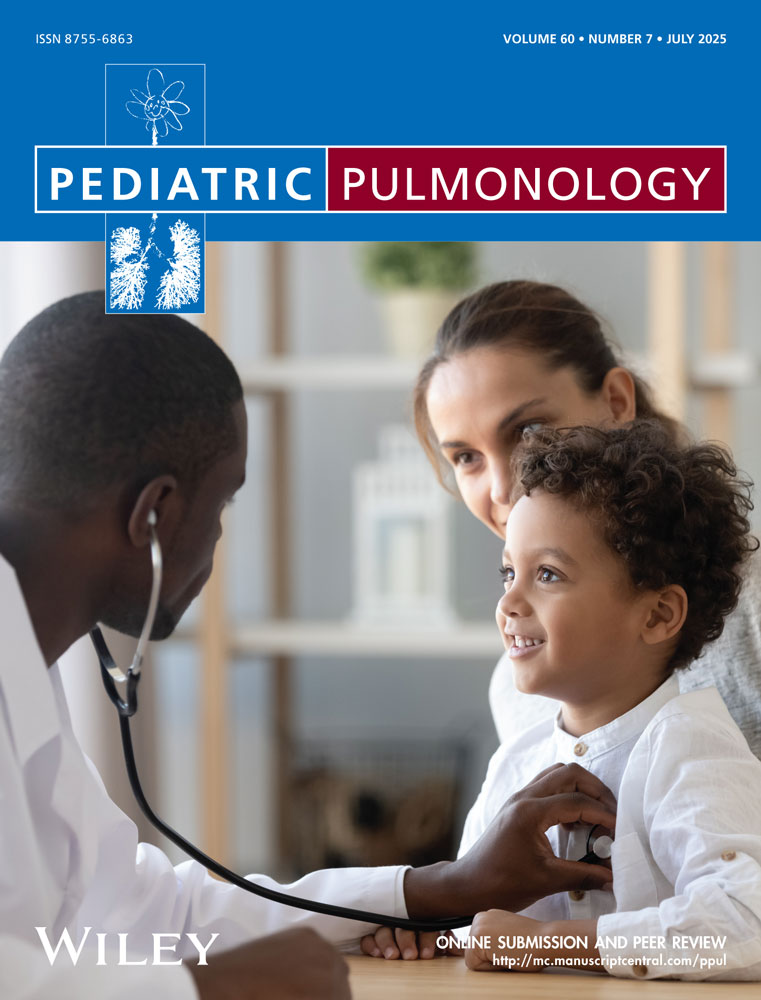Establishment of a web-based registry for rare (orphan) pediatric lung diseases in the United Kingdom: The BPOLD registry†‡
Conflicts of interest: None to declare.
BPOLD Committee members: Dr. Adam Jaffe, Dr. Steve Cunningham, Dr. Mike Shields, Dr. Iolo Doull. Website Developer and Administrator: Aidan Laverty.
Abstract
Background
Children with orphan lung diseases (defined as a prevalence of <1 in 2000) receive suboptimal care due to a lack of understanding of pathophysiology and management.
Aim:
To develop a low cost, multidisease, web-based registry for children with rare lung diseases.
Methods
The British Pediatric Orphan Lung Disease (BPOLD) electronic registry was established to provide a web-based method for recording monthly incidence data on nine rare pediatric respiratory diseases (www.bpold.co.uk). An email reporting system was developed which required clinicians to input a username and password to respond following a monthly email reminder. The initial reporting rate was poor despite many registrants. The method for reporting was subsequently streamlined enabling reporting to be done via email by a single mouse-click. A follow-up email, with consent forms as attachments, was automatically sent to positive respondents, with negative responses recorded directly to the database. Non-responders receive a reminder email after 2 weeks.
Results
Initially 101 respiratory clinicians registered via the BPOLD site, responding 162 times over 17 months. In the 12 months following redevelopment (total 12 monthly group emails) 143 of 222 BPRS members (64%) have provided 1,001 responses. Forty-eight clinicians (34% of responders) have responded to 10–12 group emails, with the next highest total being those responding to one only. One hundred fifty-eight cases of orphan lung disease have been identified.
Conclusions
We have demonstrated the successful establishment of a low cost, web-based registry for children with rare lung diseases. There is an urgent need for European and International collaboration with the establishment of electronic registries for children with rare diseases, if the inequities of health care are to be addressed. A web-based approach, similar to the one we have developed, will enable this. Pediatr Pulmonol. 2008; 43:451–456. © 2008 Wiley-Liss, Inc.




